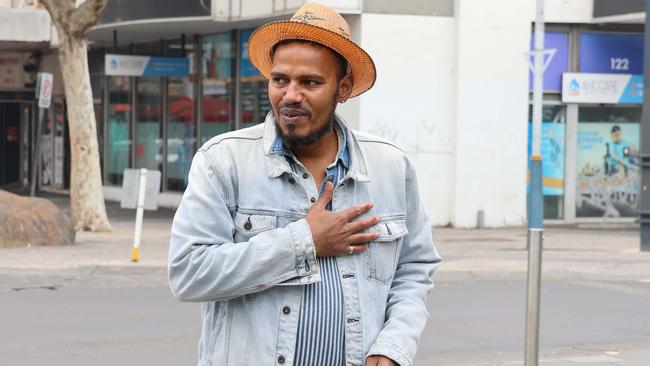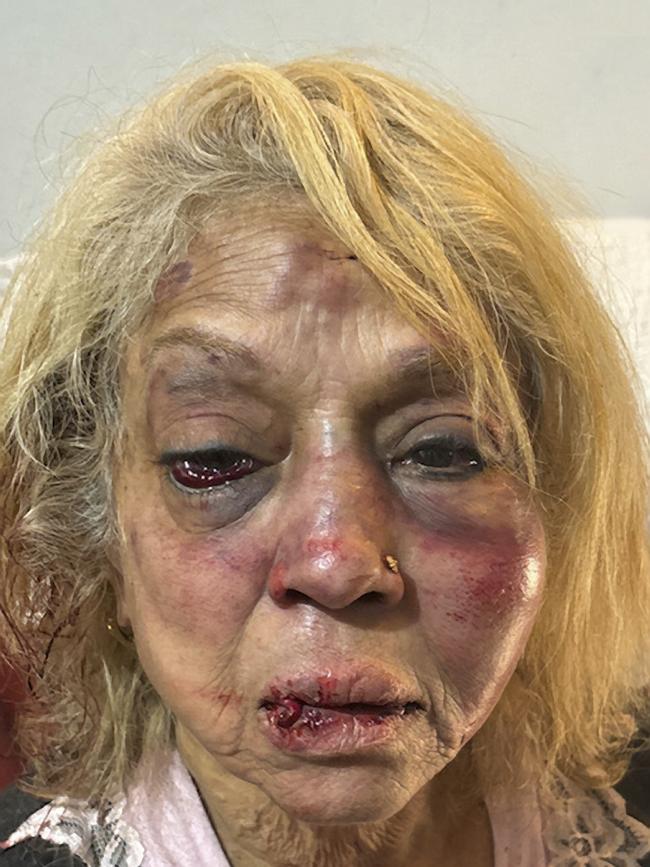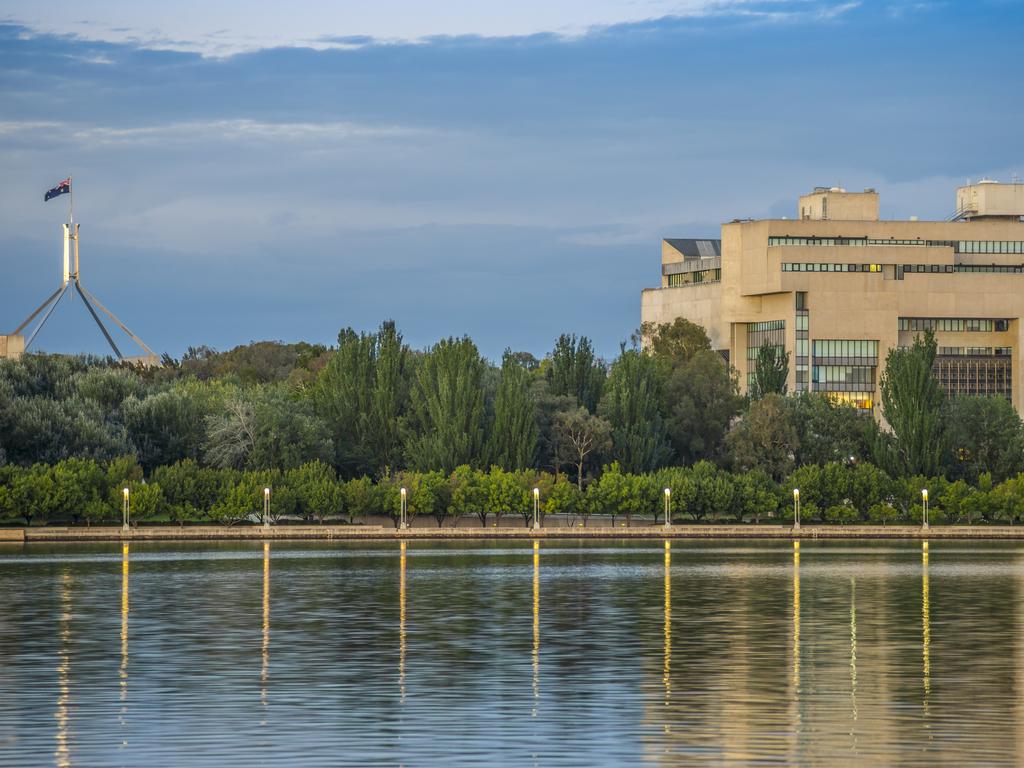Detainees set to walk free following latest High Court decision
At least 20 former detainees had been charged to date with breaching their visa conditions.

Multiple former detainees who had been staring down the barrel of up to five years imprisonment over visa breaches are now expected to walk free in the wake of the High Court’s latest decision.
At least 20 former detainees had been charged to date with breaching their visa conditions by either failing to comply with their curfew conditions or removing their ankle monitors.
Each breach carried a minimum penalty of one year imprisonment and a maximum sentence of five years, but the High Court’s ruling that the conditions were unconstitutional means those charges are likely to be dropped.
One of the biggest beneficiaries of that decision will be Burundi-born Kimbengere Gosoge, who earlier this year became the first person to be convicted over breaching his visa conditions. He was given a one-year suspended sentence for each of the six charges against him, but was back behind bars just days later after again breaching those conditions.
He was currently on remand ahead of his next scheduled court appearance later this month.
Gosoge is not the only former detainee to have been charged with repeat breaches of the conditions, with Sudan-born Abdelmoez Mohamed Elawad has been charged and bailed over condition breaches at least five times since his release.
Gosoge and Elawad are also among the 65 former detainees who have been charged with state or territory offences since being released from detention. Gosoge was charged with aggravated burglary, while Elawad – whose 47-page pre-detention rap sheet detailed 208 charges over 12 years, including several convictions for violent offending – was in April charged with allegedly resisting a police officer, assaulting a police officer, possessing a dangerous weapon and shop theft.
Another former detainee, Kuwait-born Majid Jamshidi Doukoshkan, has been charged over his involvement in the burglary and assault of Perth grandmother Ninette Simons.

Prominent immigration lawyer Alison Battisson said the recidivism rates among the former detainees were not surprising given the lack of support in place for the cohort and the monitoring and curfew restrictions imposed on them.
“There was no reasonable or sufficient assistance provided to these people. They were set up to fail,” she said.
“These people are in the community, and the best way to ensure community safety is through proper integration.
“Instead, having the curfew and the ankle bracelet in particular stopped people being able to get jobs … and left them socially isolated.”
Australian Lawyers Alliance spokesman Greg Barns SC said the individuals released from detention had been at a higher risk of reoffending due to the lack of structure around them.
“People are a greater risk of reoffending when they’re not supported in the community and when they’re under enormous stress,” he said.
“It’s not a question of being soft or hard, it’s about smart justice. If the community wants to be safe, then there’s got to be strong supports put around these individuals who are at risk of reoffending.”





To join the conversation, please log in. Don't have an account? Register
Join the conversation, you are commenting as Logout